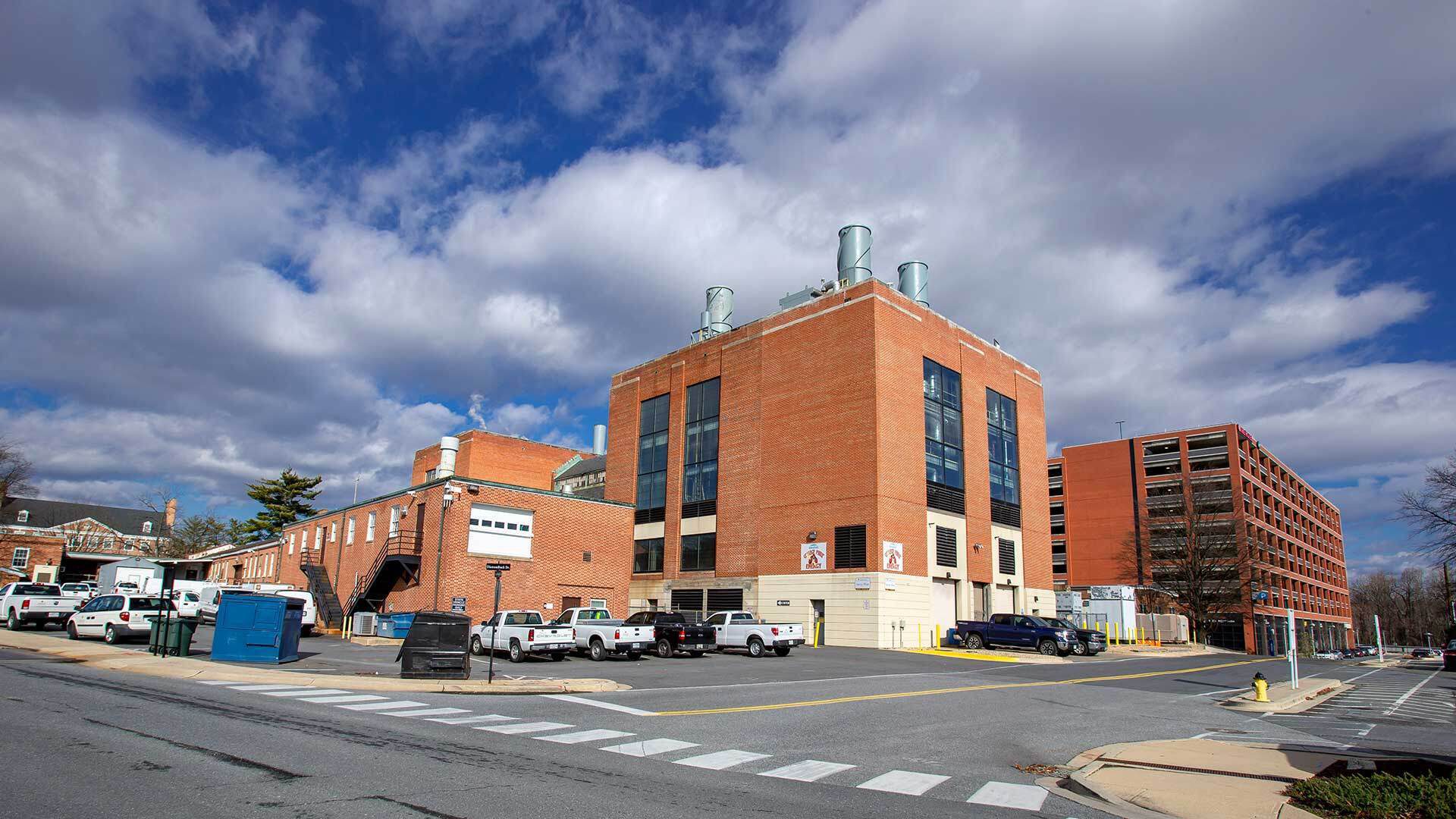- May 06, 2021
- By Liam Farrell
With President Darryll J. Pines accelerating plans to make the University of Maryland campus carbon-neutral by 2025, a long-term program to replace the community’s aging energy infrastructure is taking on even greater importance.
A virtual campus briefing on the initiative, called the NextGen Energy Program, will take place at 12:15 p.m. today, hosted by Carlo Colella, vice president and chief administrative officer; Charles Reuning, associate vice president and chief facilities officer; and Scott Lupin, director of the Office of Sustainability. Interested faculty, staff and students can sign up to attend.
“This program will help us ensure we have a reliable and resilient energy system for many decades,” Colella said. “It demonstrates our responsible stewardship of our resources and infrastructure.”
UMD’s current system, installed in 1999, relies on a natural gas-fired turbine to produce the bulk of the electricity for the 250 buildings on campus and more than 55,000 students, faculty and staff. The heat from the turbine generates steam for heating and powers chillers for cooling.
Among other goals, the NextGen Energy Program will aim to provide more efficient water recycling; incorporate more low- and zero-emission fuel options; increase energy storage; and enhance building control and monitoring.
The program will be a public-private partnership, and finalists, along with the scope of work, should be narrowed down over the next year. It will also play a critical role in pursuing UMD’s decarbonization strategy, along with the purchase of electric vehicles and carbon offsets, which are verified investments in projects elsewhere to cut greenhouse gases and compensate for campus emissions.
Final costs for the partnership, expected to run more than 30 years, should be covered within the existing utilities budget, Colella said, particularly as any upfront capital costs are gradually recouped through savings.
“We operate what amounts to a small city here at the university,” he said. “Being able to provide efficient, reliable energy services is critically important.”
